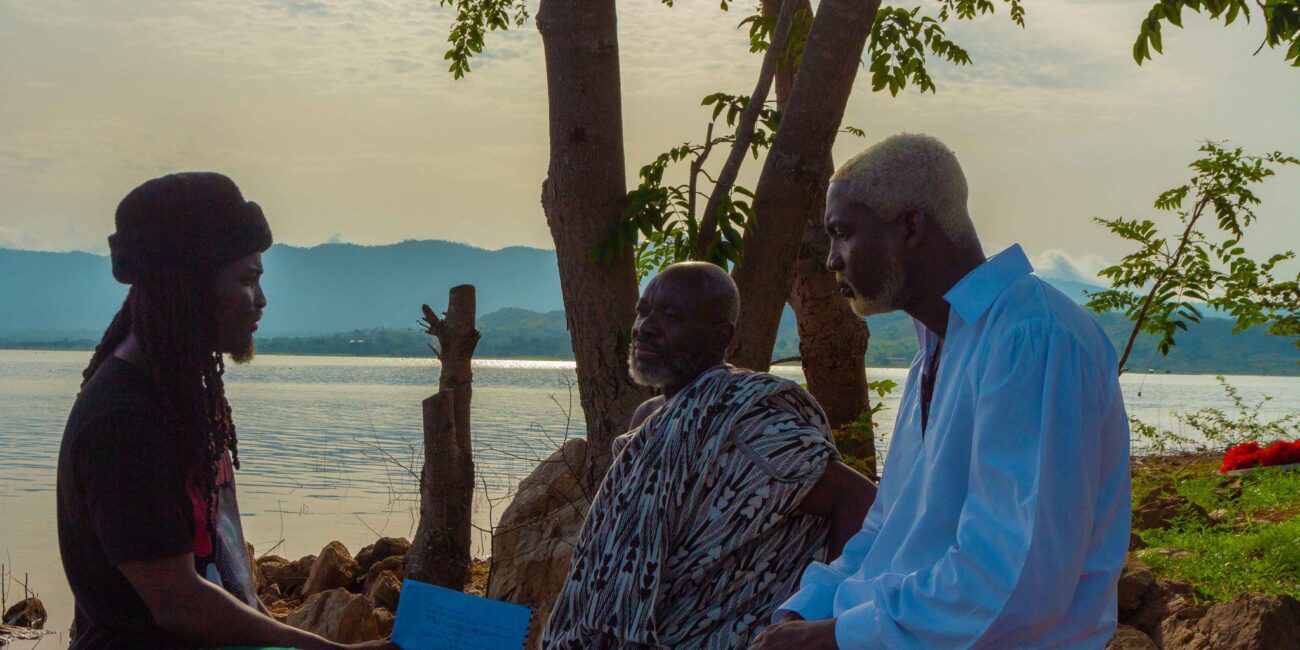The plight of filmmaker Joewackle J Kusi and his crew highlights the challenges faced by artists trying to tell queer stories in countries where LGBTQ+ rights are under attack. Kusi’s film, Nyame Mma, which features a queer main character, was completed just as Ghana’s parliament passed a bill targeting LGBTQ+ content and individuals. This legislation, awaiting presidential approval, threatens jail sentences for those involved in the promotion of LGBTQ+ activities, as well as for those who identify as LGBTQ+.
For Kusi, the passing of the bill meant cutting short the film’s schedule and hosting just one private screening for art and film figures. This decision was driven by concerns for the safety of his cast and crew. The film, which tells the story of a queer man named Kwamena navigating family conflicts and societal pressures, was shown on Ghana’s independence day, but its future remains uncertain.
The situation in Ghana reflects a broader issue of LGBTQ+ rights in Africa. Many countries on the continent have laws criminalizing same-sex relationships, often inherited from colonial-era legislation. Despite efforts by human rights groups to challenge these laws, progress has been slow.

Kusi’s struggle to find actors willing to play queer characters underscores the stigma and fear surrounding LGBTQ+ representation in Ghanaian media. He opted to cast straight actors to avoid putting queer actors at risk of harm or persecution. This decision highlights the real dangers faced by LGBTQ+ individuals in Ghana and the importance of creating positive and authentic representations in media.
The passing of the anti-LGBTQ+ bill comes at a time when Ghana is trying to position itself as a tourist destination, following initiatives like the 2019 Year of Return. This contradiction between promoting tourism and restricting LGBTQ+ rights reflects a broader tension within Ghanaian society.
As Kusi points out, homophobia is deeply ingrained in Ghanaian culture, transcending political and religious divides. The passage of the bill is seen as a populist move in an election year, exploiting homophobia to garner support. However, human rights groups warn that the bill could lead to an increase in violence and human rights violations against LGBTQ+ individuals in Ghana.
Despite these challenges, filmmakers like Kusi continue to push boundaries and tell important stories. Nyame Mma is a testament to the resilience of artists in the face of adversity. Whether the film will ever be widely screened in Ghana remains uncertain, but its existence serves as a reminder of the power of storytelling to challenge stereotypes and promote understanding.



